
Research Newsletter - Issue 88: Spotlight
Communicating Research: Where to begin?
DCU is at the forefront of research in a diverse range of disciplines. There are a wide range of platforms and options communicating these successes beyond campus and collaborators at other institutions.
Just this week Dr Gary Sinclair (DCU Business School) appeared on the BBC World Service and Second Captains speaking about ongoing research into online hate in football. Elsewhere, numerous researchers have published articles on The Conversation, of which DCU is now a member institution.
It can be difficult to know where to start with this process, or to determine where best your research might sit. In this month’s research spotlight we hear from researchers from across the university on their experiences of communicating their research.
Embrace opportunies to share your research
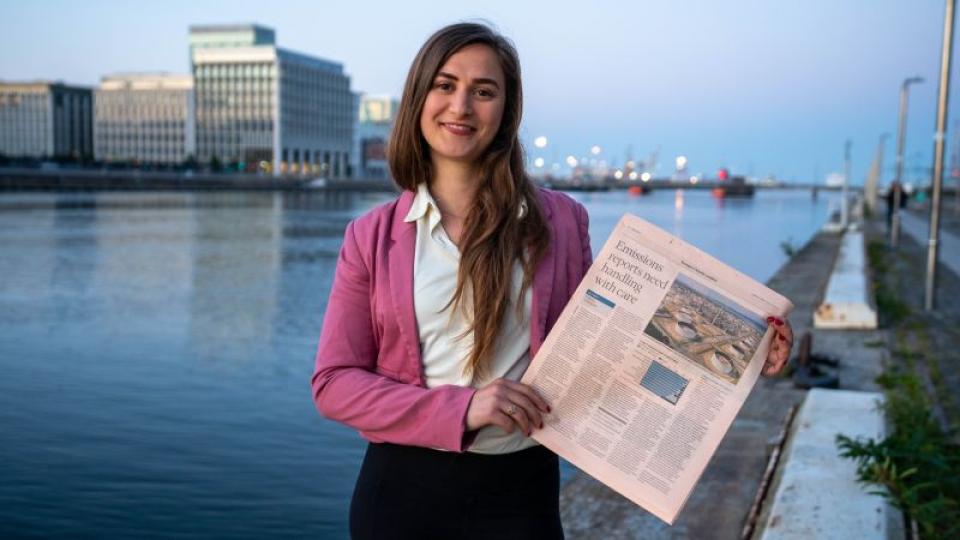
Dr Fabiola Schneider
Dr Fabiola Schneider works across research projects in the DCU Business School and the DCU Centre for Climate and Society. Her current research addresses the climate emergency and sustainable transitions, with papers on fossil fuel financing, ESG reporting and impact investing. She co-leads GreenWatch, which applies AI to detect Greenwashing in the market.
“I believe it is the duty of a researcher, especially one working at a public university, to also share their work with society at large and decision makers where appropriate. This is a skill that needs training.”
Fabiola has previously written an opinion piece in the Financial Times and also spoke to the FT’s Kenza Bryan as part of a wider piece. Her work also appeared in Fortune and The Big Issue.
“Presenting one’s research outside of academic audiences can be a rewarding experience. It can provide a sense of purpose to see how academic research can translate to policy changes and solutions to problems in society.”
“Journalists and curious citizens most likely will ask very different questions to peers at an academic conference. My advice to my fellow researcher is to embrace any opportunity to speak about one’s research especially to non-experts and to make communication an explicit part of the research process. You’ll be surprised by who may be able to relate to your research!"
Offer your expertise
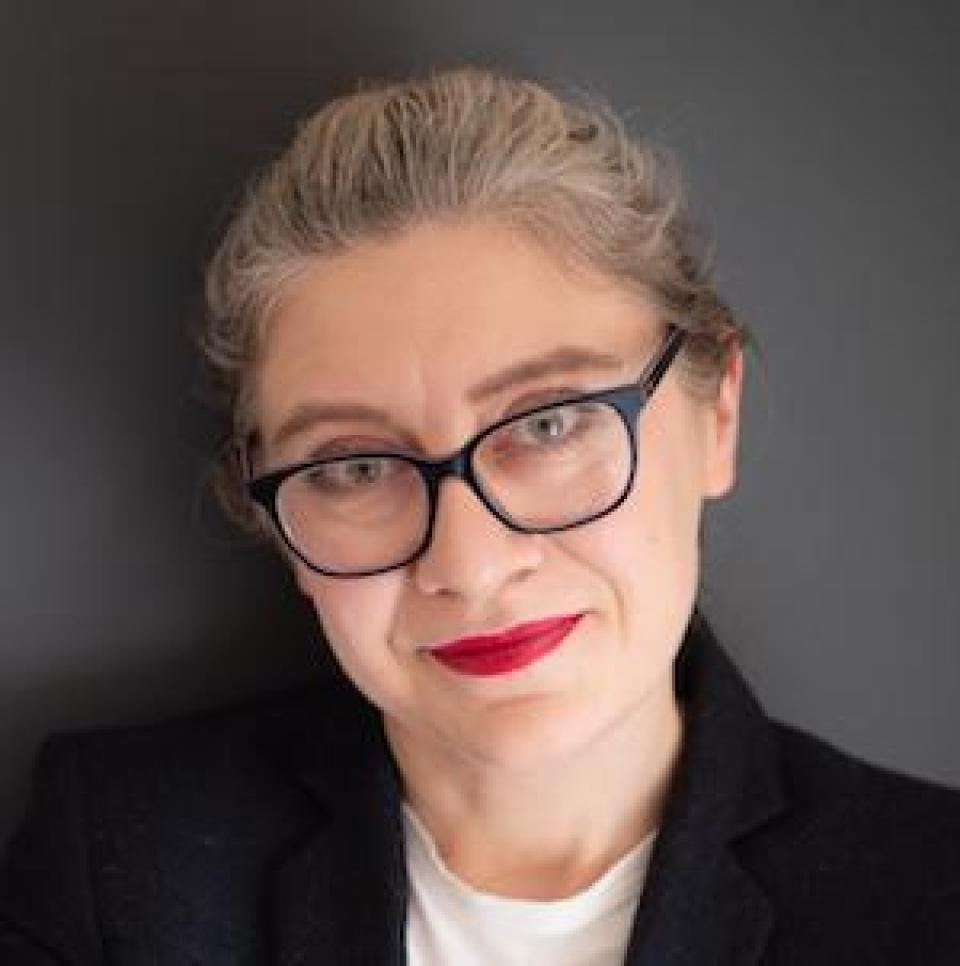
Dr Tanya Lokot
Dr Tanya Lokot (School of Communications) has published extensively on the role of social media in protests among other topics. She is frequently asked to comment on this phenomenon, speaking to journalists from WIRED and Coda. She uses these opportunities to shape debate, arguing that digital platforms are political actors in their own right who make decisions about how to react to state censorship or empower their users.
“Some academics think they must wait until they have research findings before seeking out media contact, but that's not quite true. Each of us is an expert in a particular area, and our expertise can add much-needed context to a hot-button issue or raise awareness of an angle that has been overlooked.”
“Regular engagement with the media allows me to polish my 'elevator pitches' about the importance of the work I do and helps me to keep my own research interests aligned with the latest developments in my field. The publicity also gets me invites to important public fora in Ireland, the EU and globally.”
“Typically, journalists find me through my existing networks of contacts or by spotting my informal commentary on current affairs that I post to Twitter. Of course, new data or findings to back up your comments always make your contributions more impactful.”
“Be open to contributing, but on the other hand, if you're asked about something that you're not an expert on, don't hesitate to say no if you're not feeling comfortable. Journalists also really appreciate it when you suggest a colleague who can be a better commentator. Finally, it's important to gather your thoughts and jot down some bullet points before a call or a live appearance - but remember, media deadlines are much shorter than academic ones, so if you don't come back to them quickly, they will look for someone else!”
Plan the promotion of your research
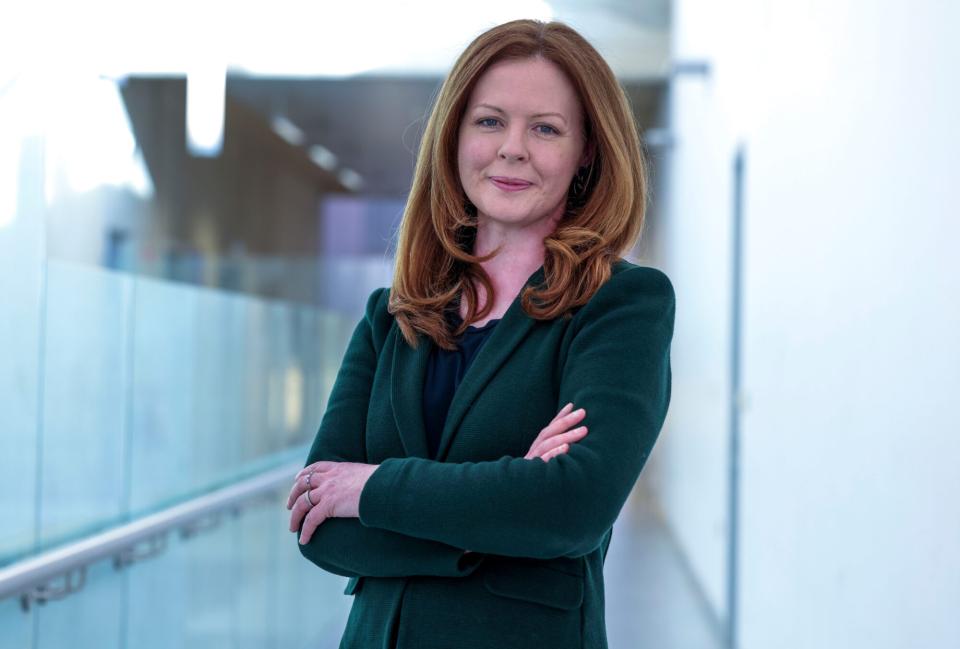
Dr Sinéad McNally
Often, the best time to start thinking about media coverage is in the run up to publication of a paper or book chapter. Dr Sinéad McNally (School of Language, Literacy & Early Childhood Education) has had huge success in producing novel and impactful research in her field. Her work on the benefits of early childhood reading has national policy implications. Like Dr Schneider and Lokot, Sinéad has built research communications into her workflow. She did this early on in her career.
“I was first prompted to engage with comms to promote my research when I was starting out as an early career researcher over 10 years ago. I was contacted by a research journal to approve a press release for an article. It was my first lead author study and a great learning experience about how to develop a press release.”
The study was picked up by media outlets in Ireland and widened the audience for the research considerably. More recently Sinéad’s announcement of the first survey of autistic children and their parents of their experiences in schools garnered national coverage.
“Ever since then, I have added promotion of research to my workflow as an important stage of post-publication dissemination. When a peer-reviewed study has been accepted for publication, I will start thinking at the point about ways to share the findings with a wider audience and will reach out to the comms team to discuss strategy.”
Dr McNally was contacted about a communications opportunity as an Early Career Researcher. However, this is not a one way street. For those less familiar with the process, contacting the Communications and Marketing Department can be a good place to start.
Engage with DCU Communications and Marketing
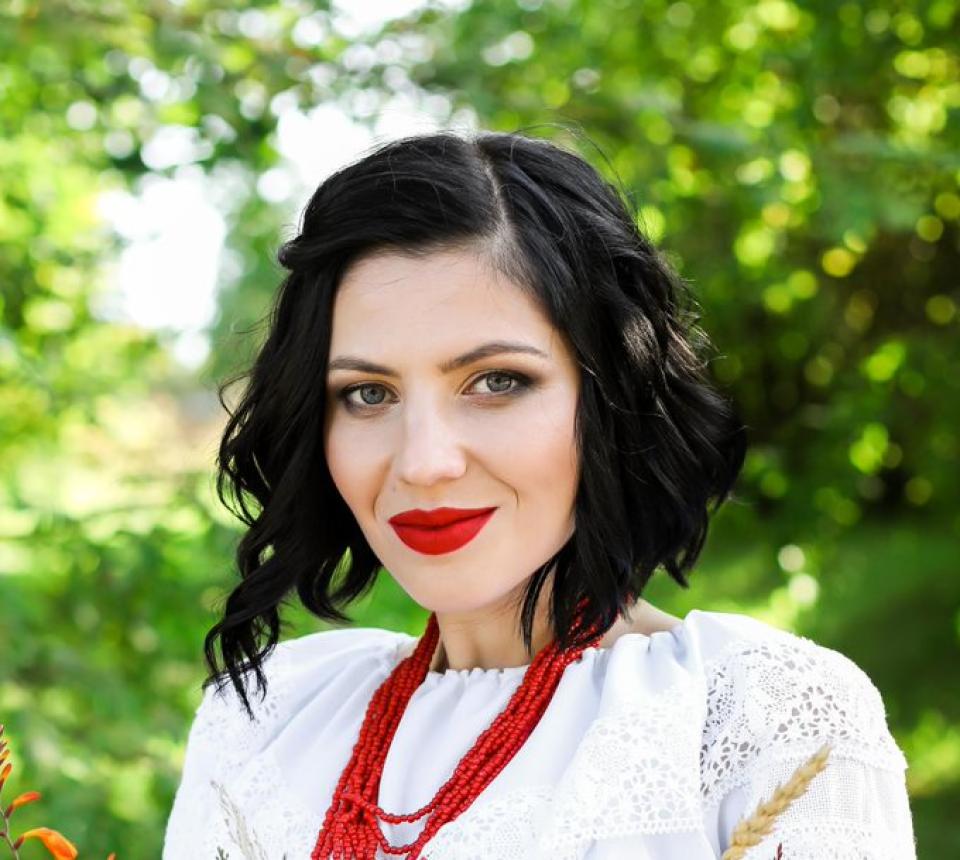
Dr Olesia Zhytkova
Dr Olesia Zhytkova (DCU Business School) recently co-authored an opinion piece for the Irish Times with her research collaborator at the Anti Corruption Centre, Dr Robert Gillanders. She has also written several articles for RTE Brainstorm, most recently a piece on the 10th anniversary of the Maidan protests in Ukraine. “I work on the ‘Corruption, Gender, and Sustainable Development’ project within DCU Business School, funded by the IRC Ukrainian Researchers Scheme.” she says.
Olesia reached out to the Communications and Marketing Department for support in pitching her and Robert’s work to the media.
“My key attitude to academic research is that I believe it is necessary to popularise it among a wider audience and educate people. So I found it great that there are mechanisms for cooperation between the university and the media.”
“The advantage of this type of work is the small amount of text to be written. At the same time, it was crucial to be attentive to the language and style of the text to keep the reader interested. As a result, the papers were widely disseminated, which drew attention to our research and contributed to DCU’s reputation.”
Coming from a part of the university with very different research methods and outputs, Dr Denis Collins (School of Biotechnology) is also in regular contact with Communications and Marketing. Denis’ research into a potentially groundbreaking new blood test for use in breast cancer diagnosis was recently featured on Silicon Republic.
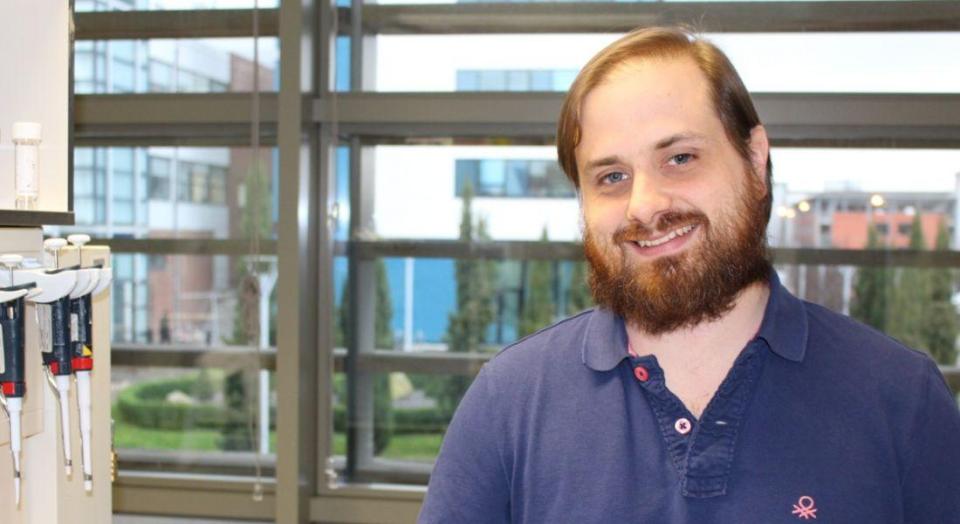
Dr Denis Collins
“I reach out to Comms when there is an output that may be worthy of promotion. This could be involvement in a clinical trial, a paper publication or a presentation at an international conference.”
In terms of pitching to the media, clinical trials and paper publications are most relevant. Presentations at prestigious conferences are an important part of DCU’s social media output.
Anyone interested in discussing dissemination routes for their research are welcome to contact the Communications Team at DCU Communications and Marketing.
